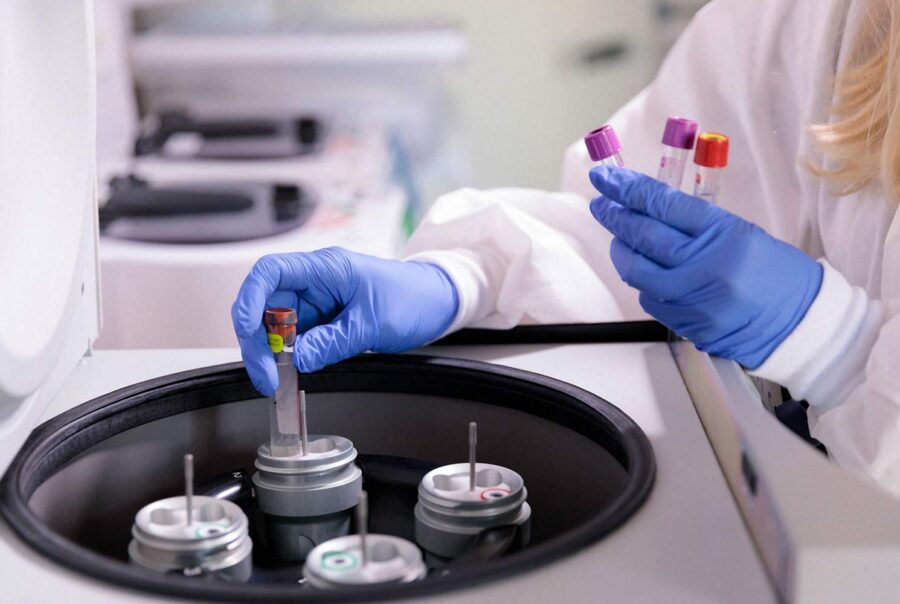About Clinical Trials

What are clinical trials?
Clinical trials are a key research tool for advancing medical knowledge and patient care. Clinical research is done only if doctors don’t know whether a new approach works well in people and is safe, and which treatments or strategies work best for certain illnesses or groups of people.
Some clinical trials show positive results. For example, the National Heart, Lung, and Blood Institute (NHLBI) sponsored a trial of two different combinations of asthma treatments. The trial found that one of the combinations worked much better than the other for moderate persistent asthma. The results provided important treatment information for doctors and patients.
The results from other clinical trials show what doesn’t work or may cause harm. For example, the NHLBI Women’s Health Initiative tested whether hormone therapy (HT) reduced the risk of heart disease in postmenopausal women. (When the trial began, HT was already in common use for the treatment of menopausal symptoms. It also was increasingly being used for the prevention of heart disease.)
The study found that HT increased the risk of heart disease in the first few years, and HT also increased the risk of stroke and blood clots. In women who took a combination of estrogen and progestin, the risk of breast cancer also increased.
As a result, the U.S. Food and Drug Administration now recommends never using HT to prevent heart disease. When HT is used for menopausal symptoms, it should be taken only at the smallest dose and for the shortest time possible.
Clinical trials, like the two described above, help improve and advance medical care. They also can help health care decision-makers direct resources to the strategies and treatments that work best.
Phases of clinical research.
Phase I
Phase I studies involve testing normal patients with the new medication to show the safety of the medication at various doses.
Phase II
Phase II studies involve using the medication in patients with a specific disease to determine side effects and doses needed.
Phase III
Phase III studies are larger clinical trials involving hundreds to thousands of patients to further show the effectiveness and safety of the medication.
Phase IV
Phase IV studies involve further research of FDA-approved treatments: these trials are often focused on gathering new information on effectiveness.
Interested in participating in a clinical trial?
As mentioned earlier, clinical trials recruit patients who are interested in trying new therapies, and who want to contribute to innovative research that could one day bring new treatments to patients. These trials are free to participants and may include payment for time and travel. If you are interested in learning more about paid research studies in Greensboro, North Carolina, sign up with Triad Clinical Trials today.
Reasons to participate in a clinical research study.
Helps Advance Research
Your participation can help provide us with important information to move forward.
Access New Treatments
Participating in clinical research offers you access to leading-edge medicines.
Possible Compensation
Some clinical research studies offer participants compensation for time and travel expenses.

